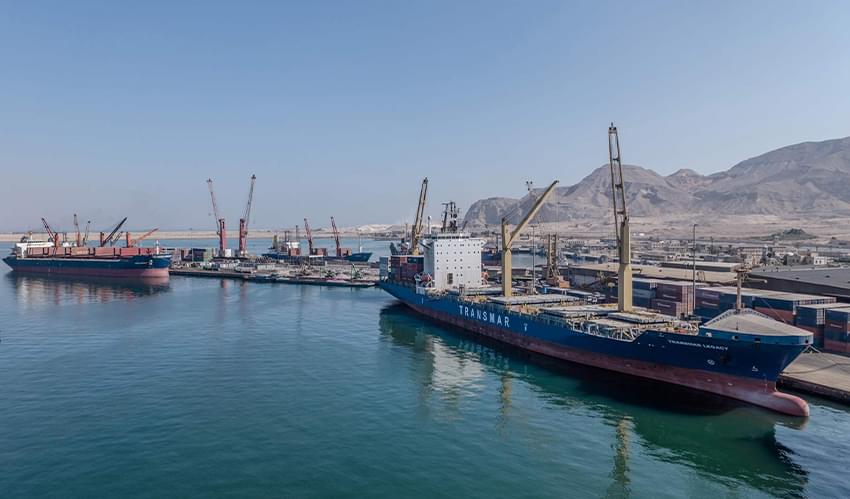
How the European ETS tax can transform Egyptian ports into global transit hubs
21 October, 2024The inclusion of the maritime sector in the ETS tax scheme is a game-changer for global trade, particularly for countries like Egypt.
The European Union’s Emissions Trading System (ETS) is a cornerstone of the EU’s climate change policy, aiming to efficiently reduce greenhouse gas emissions. Kicking off in January 2024, the ETS will require shipping companies to purchase allowances for their CO2 emissions. The inclusion of the maritime sector in the ETS tax scheme is a game-changer for global trade, particularly for countries like Egypt.
ETS includes a specific regulation for shipping emissions affecting vessels that come within a 300-nautical-mile radius from EU territory. Dubbed the “MRV” (Monitoring, Reporting, and Verification) regulation, it applies to ships that start or end their voyage near the
EU, even if they don’t operate directly between EU ports.
While it poses challenges for European shipping lines, it presents unprecedented opportunities for Egyptian ports. By leveraging their strategic location, cost advantages, and advanced facilities, Egyptian ports can emerge as key transit hubs for major liner operators.
Read more about the new regulation and its ripple effect on global trade here (pdf).